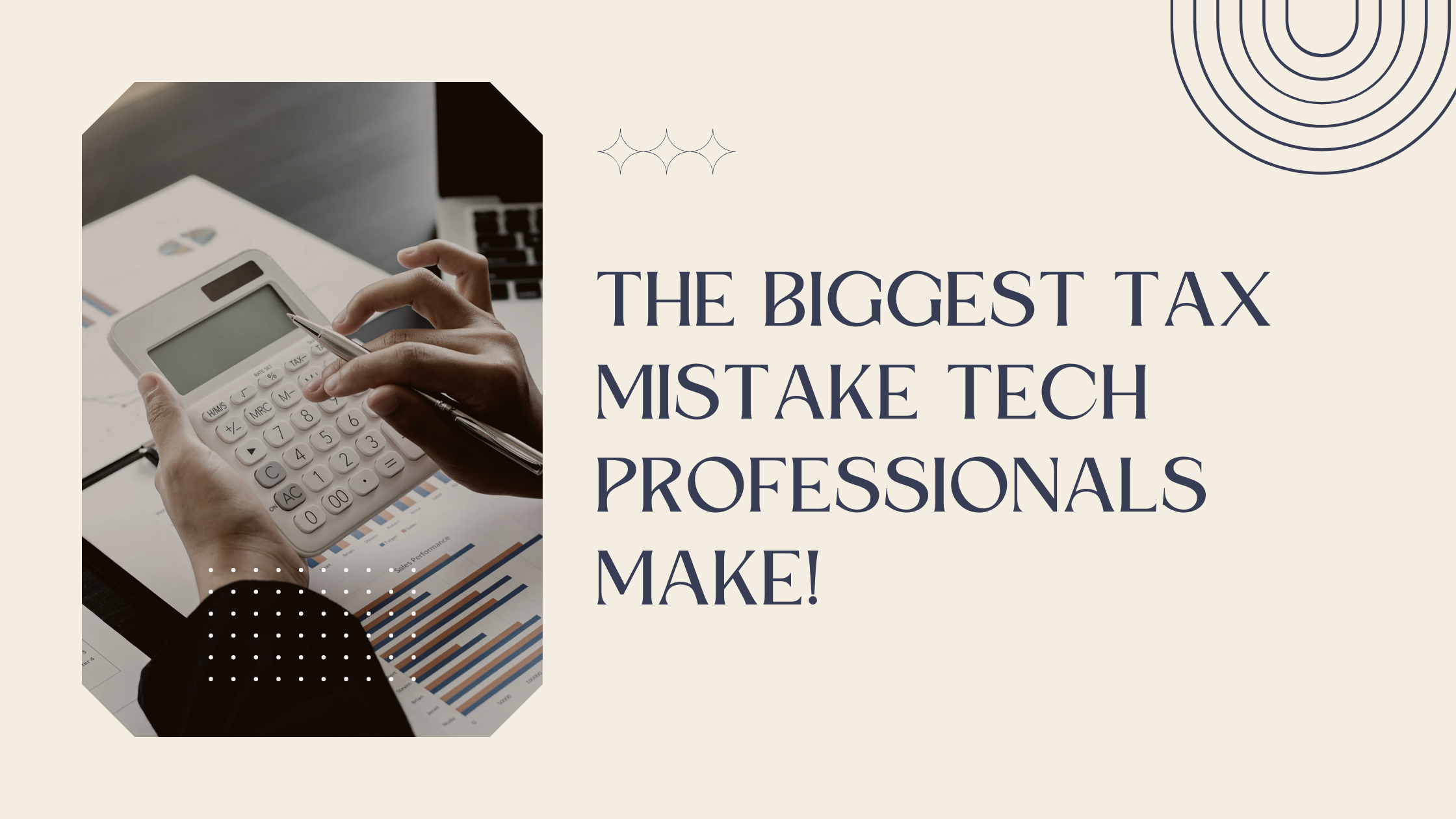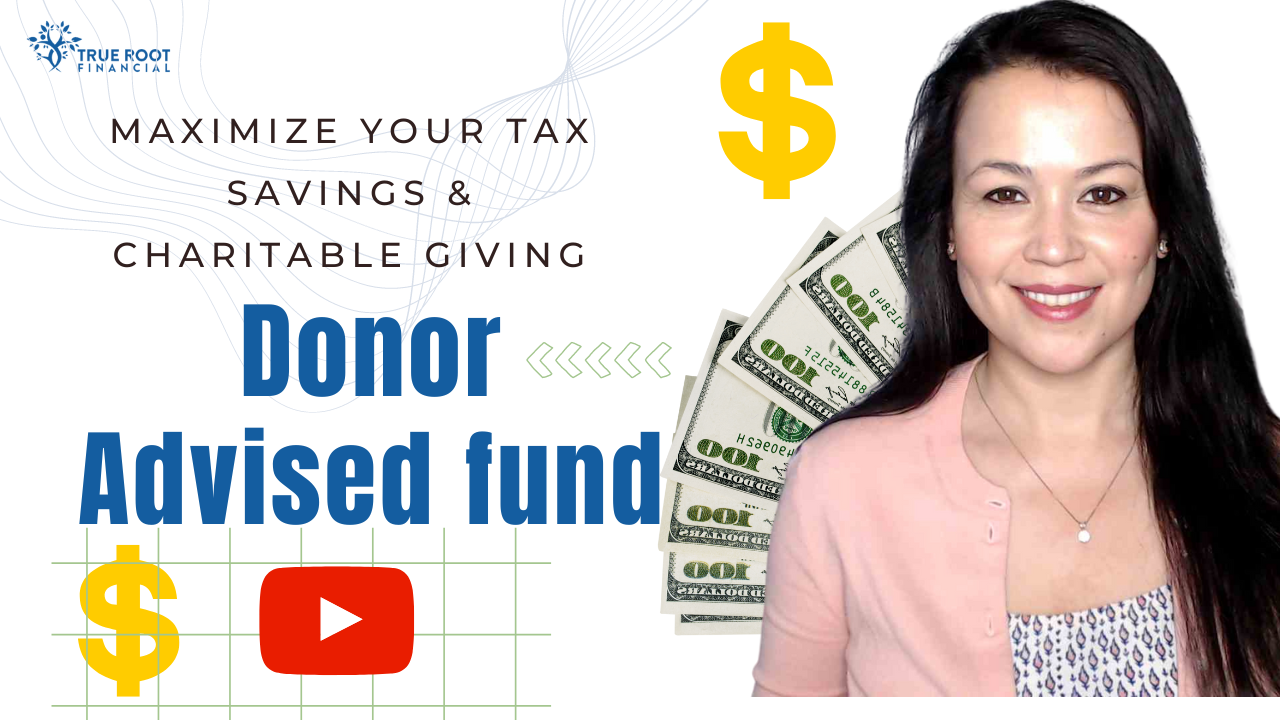Coronavirus Relief Bill (CARES Act): What does it mean for you?
Roshani Pandey is a financial advisor and founder of True Root Financial. True Root Financial is located in San Francisco, CA and serves clients across the globe.
To stimulate the economy from the impact of the Coronavirus shutdown, Congress passed a historic $2.2 trillion Coronavirus Relief Bill (CARES Act) recently. Here are some important aspects of the bill and how it helps you:
Will I get the $1,200 stimulus payments?
The CARES Act provides a one-time payment of $1,200 for each adult and $500 for each child under 17. This means that a married couple with two children could get up to $3,400. However, income limits apply and are based on your adjusted gross income (AGI). If you have no idea what AGI means, look at line 8B on the 1040 form of your most recently filed tax return.
Payments start phasing out for those with income above $75,000 in AGI for individuals, $112,500 for heads of household and $150,000 for married couples. Check the calculator below from the Tax Foundation to see how much you will get.
Can anyone get the payment?
Anyone with a Social Security number, as long as they are not dependents of someone else, can get the payment. Adults with dependent children get payments for their children.
When will I receive the payment?
According to the IRS website, the distribution will start in the next three weeks.
Do I need to contact the IRS to provide my payment information?
If you file taxes, the IRS has your bank account information. So, your payment will be deposited there. For those that don’t typically file their taxes, you need to file a simple tax return to receive the payment. Check the IRS Coronavirus Relief page for more information.
How does the IRS determine my income?
IRS determines your AGI based on the last taxes you filed. If you already filed for 2019, it’s based on 2019 AGI. If not, it’s based on the 2018 AGI instead.
 Tip: If you qualify for the rebate under your 2018 AGI but not under your 2019 AGI and if you have not already filed your taxes for 2019, you may want to wait to do so until after you receive the rebate. The tax deadline for 2019 has now been extended to July 15, 2020.
Tip: If you qualify for the rebate under your 2018 AGI but not under your 2019 AGI and if you have not already filed your taxes for 2019, you may want to wait to do so until after you receive the rebate. The tax deadline for 2019 has now been extended to July 15, 2020.
What if my income in 2020 decreases?
If you do not qualify for the rebate based on your 2018 or 2019 AGI but do qualify based on your 2020 AGI, you will receive tax credits when you do your 2020 taxes next year.
What if I am laid off or furloughed?
In general, most states will pay unemployment benefits for 26 weeks. The CARES Act has extended the states’ unemployment benefits by another 13 weeks to now cover you for 39 weeks. The bill has also increased unemployment benefits by an additional $600 a week from the date you lose your job through July 31, 2020.
The stimulus bill further expands eligibility to include people who aren’t typically eligible for benefits, including those self-employed, those seeking part-time employment and independent contractors.
Additionally, people who have contracted coronavirus or have a family member who has or are unable to work due to being quarantined are also eligible for the benefit.
Does the bill help my small business?
The small business administration (SBA) has several forgivable loan options. To get more information on these programs and to apply for loans, visit the SBA website here.
1. Paycheck protection program
The Paycheck Protection Program is a loan designed to provide a direct incentive for small businesses to keep paying their employees.
SBA will forgive loans if all employees keep getting a paycheck for 8 weeks and the money is used for payroll, rent, mortgage interest, or utilities. Lenders may begin processing loan applications as soon as April 3, 2020. The Paycheck Protection Program will be available through June 30, 2020.
2. Economic Injury Disaster loan
Small businesses are also eligible to apply for an Economic Injury Disaster Loan advance of up to $10,000. This advance will provide economic relief to businesses that are currently experiencing a temporary loss of revenue. This loan advance will not have to be repaid.
3. SBA express bridges loan:
Small businesses that need cash while they are waiting for the Economic Injury Disaster loan can also get up to $25,000 quickly in bridge loans if they have a business relationship with an SBA Express Lender.
Does the bill help my retirement accounts?
Yes, it does in two important ways:
1. Required minimum distribution (RMD) waived:
Normally, you are required to take a distribution called an RMD from your retirement accounts like 401K, 403B and IRA accounts once you reach a certain age. Earlier in 2020, this age was changed from age 70.5 to 72. If you turned age 70.5 in 2019, you would need to take an RMD by April 1, 2020. However, the new CARES Act allows account owners to skip both their 2019 RMD if it was their first year and had not yet made an RMD by April 1, 2020, and their 2020 RMD.
This is a good thing for retirees as they are not forced to sell from their retirement accounts when the markets are down, just to make the distribution. Of course, if you want to take the distribution, you still can.
2. Withdraw from retirement account without penalty
Under normal circumstances, if you are under the age of 59.5 and if you withdraw money from your retirement account, you have to pay a 10% penalty. The CARES Act now allows individuals to withdraw up to $100,000 from retirement accounts without having to pay the 10% penalty as long as the funds are repaid to the account within three years.
To qualify for this relief you need to fall into one of two categories:
- You, your spouse or a dependent is diagnosed with COVID-19
- You have suffered financial consequences as a result of the pandemic. These might include reduced income from being quarantined or furloughed, having your hours reduced, being unable to work due to childcare issues or other issues beyond your control arising out of this situation
Does the bill help my student loan payments?
Yes, you don’t accrue any interest through September 30, 2020. Additionally, if you made a payment on or after March 13th, you can request a refund of the payment. Borrowers must contact their student loan servicer to receive this refund.
Additionally, even for the months you don’t accrue or pay interest, those months will still count for the purpose of a loan forgiveness program.









Leave a Reply
Want to join the discussion?Feel free to contribute!